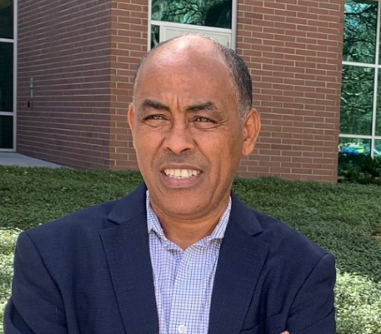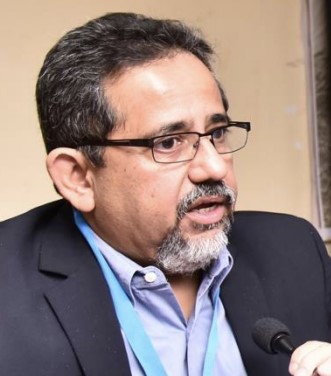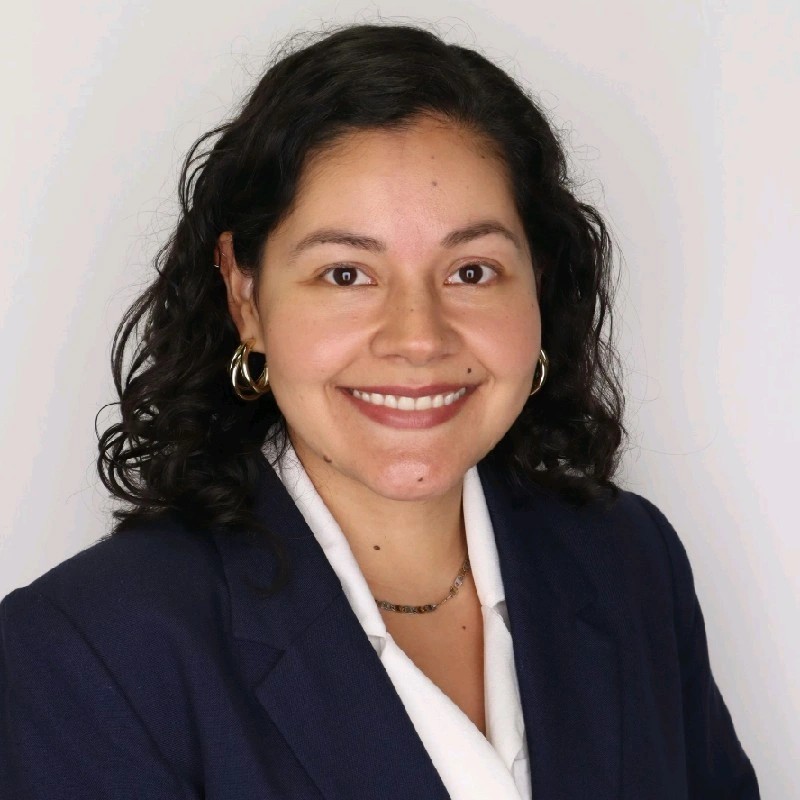
Dr. Kebreab Ghebremichael
The University of South Florida Patel College of Global Sustainability (PCGS) is partnering
with an inter-agency team to help create the first regional Climate Action Plan for
the Tampa Bay area, named “Clean Air Tampa Bay.” This plan will produce a greenhouse
gas (GHG) inventory, GHG emissions projections, GHG reduction targets, and an analysis
of benefits for low-income and disadvantaged communities.
The Clean Air Tampa Bay team comprises the Tampa Bay Regional Planning Council (TBRPC),
PCGS, ICLEI-Local Governments for Sustainability, and the Sustany Foundation. The
TBRPC has secured nearly $1-million in a non-competitive grant to fund the project.
This funding was awarded by the Environmental Protection Agency (EPA) in August of
this year under the Climate Pollution Reduction Grants (CPRG) program.

Dr. Pradeep Haldar
“We’re excited to support the project,” said Dr. Pradeep Haldar, PCGS Director of
Sustainable Business. “We’re eager to get our students to work closely with us and
learn to document the region’s Green House Gas inventory while developing a Climate
Action Plan that will define projects eligible for implementation through grant funding
and enable reduction of GHG and other air pollutants.”
Dr. Haldar and Dr. Kebreab Ghebremichael, PCGS Director of Water Sustainability, are
working with two PCGS graduate students on the project.
“The project is providing our students opportunities to learn skills in regional GHG
emissions analysis and network with various stakeholders in the Tampa Bay Area," said
Dr. Ghebremichael. "We are using various tools for GHG emissions analysis and the
environmental justice mapping and screening tool to analyze the impact on low-income
and disadvantaged communities."

Daniel Bianco
Daniel Bianco, a PCGS graduate student who is working on the project, said, "It is
a huge opportunity to participate in such an important project for the Tampa Bay area
— it is what every sustainability student wants to be a part of. Through the grant,
this project has a big chance of changing the future of the region by implementing
sustainable practices in sectors that demand a reduction in GHG emissions."
Katia Aldana Campos, another PCGS graduate student working on the project, said, “I'm
excited to participate in this project where we can apply sustainability in all its
dimensions: economic, environmental, and social.
“By proposing GHG reduction projects in the Tampa Bay Area, we're targeting to offset
anthropogenic impacts on the environment and seeking to boost the economy,” she added.
“And by analyzing the impact on low-income/disadvantaged communities, we're seeking
social inclusion in the decision-making process.”
Over the course of this four-year program, 36 local jurisdictions within Hernando,
Hillsborough, Pasco, and Pinellas counties, municipalities, and metropolitan planning
organizations can become eligible to apply for a share of the $4.3 billion in implementation
grants available nationwide. This initiative will provide consistent regional data
to project GHG emissions trends and prioritize emissions reduction projects throughout
the region, as well as push for multi-jurisdictional collaborations.

Katia Aldana Campos
The Clean Air Tampa Bay team is also actively involving the public in the development
of this Climate Action Plan and has started engaging with community members on best
practices to create an effective community engagement strategy. Clean Air Tampa Bay
is hosting public meetings to collect insights and address needs, with a special focus
on low-income and disadvantaged areas.
To learn more about this project and get involved, visit https://www.cleanairtb.org/